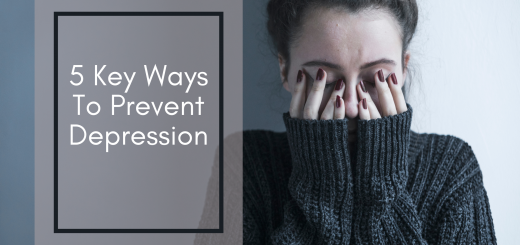Denial 101- How Can It Harm You

What is Denial?
Denial refers to pretending that something didn’t happen. It can be beneficial in small doses because it allows you to push something incredibly tricky or painful to the side to reevaluate at a future time. Still, it can be harmful when those ideas or incidents never get reviewed. The sooner someone can accept their reality, the closer they will be to concluding.
Denialism
Denialism is a subcategory of denial and is interesting because where being in denial primarily relates to one’s being, denialism is denial and a much larger scale. It refers to denying science or events that have happened and pretending like they haven’t.
This is particularly dangerous because in terms of events, as first-hand accounts start to die, false information takes its place, making it more difficult for readers to distinguish fact from fiction. In terms of science, denialism refers to Pseudo-Science posting; for example, anti-vaxxers are considered denialists.
When denialism is posted in the media, it leaves behind a crack in the foundation, which turns into a growing body of doubt by the public. This affecting one’s world view.
Getting Stuck in Denial
Getting stuck in denial happens when you constantly push aside events that are happening to a later date. You could be dwelling on it or ignoring it. Over time this burden adds up with nothing being dealt with. When this pile-up happens, it starts to become harmful.
When It Can Be Helpful
In small doses, denial can be helpful, particularly when the events can be looked at at a more appropriate time. Denial allows you to manage your time and emotions by limiting the amount of pain or hardships you experience and dealing with at once.
The Harm of Denial
Not only can denial affect you, but it also can affect those around you, especially if what you deny involves another person. On the individual scale, it can affect your health, handle problems in your life, affect your creativity, and delay solving the problem. As these instances start to add up going without notice, it starts to create a habit, and through this build-up, you are essentially digging a hole for yourself that may be not easy to climb out of.
How to Conquer Denial
According to an article by the Mayo Clinic, “Denial: When it helps, when it hurts,” here are a few strategies to try when you are having a difficult time dealing with information.
- Examine the situation
- Journal the events
- Recognize beliefs around the situation
- Weigh positive and negative outcomes about a situation
- Open up to a friend
- Participate in a support group
If what you are denying is time-sensitive, it is essential to handle the situation before it sneaks up on you. Set some time aside; if it is a choice, you need to make bust out of a journal and relay your thoughts on the situation.
In your journal, include the pros and cons of making a decision, if you can financially afford to decide, how much is the decision going to affect your life, and in what ways? If you find it hard to tackle difficult situations, reach out to a friend or a support group, and see what you can come up with, sometimes two brains are better than one.
Between denial and the subcategory denialism, denial can affect you as an individual and those immediately around you and even farther, altering your world view through information fed to you through the media.
This making it essential across the board when faced against something that feels like denial in any form, be weary, identify reasoning, and work towards wrapping your mind around a solution. What are you going to do to control how denial will affect you?
Disclaimer : This content is meant to inform, and is not a substitution
for professional consultation. It is always best to consult a professional when managing your emotional and mental health.








